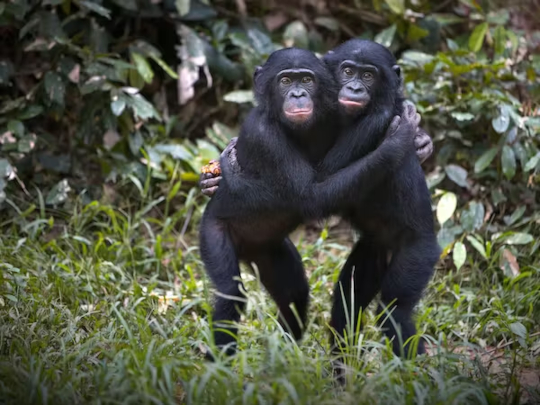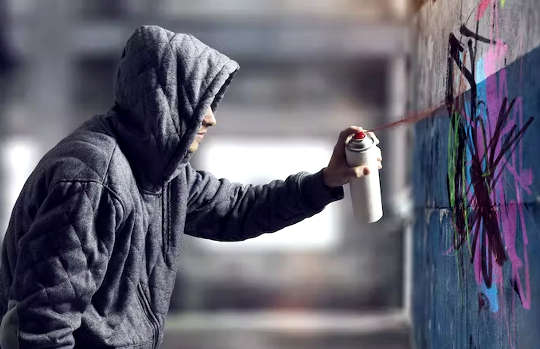
Most of us feel traumatized by what seems like an out-of-control life. But the good news is there is something we can do.

Social media use has been shown to decrease mental health and well-being, and to increase levels of political polarization.

Self-esteem is the sense of value we have for ourselves. It’s how we perceive ourselves: whether we think we are worthy and competent, whether we think we belong, whether we like ourselves.

In the teachings of Buddhism, "hungry ghosts" are ethereal entities that exist within the cycle of rebirth, notably as one of the six realms of existence.

You’ve been pressured to work overtime to finish a project. You won’t get paid for the extra hours but you’ve been assured there will be kudos from senior management. There is – but only for your boss, who takes the credit.

Most of us go online multiple times a day. About half of 18–29 year olds surveyed in a 2021 Pew Research Study said they are “almost constantly” connected.

Music has an extraordinary power to captivate our minds and move our souls. It has the ability to transport us to different emotional landscapes, evoke memories, and inspire us to dance.

There’s a long-held belief that people drink alcohol in excess to drown their sorrows. But recent research into mood and drinking has found the opposite is also true.

Experts have long suspected that social media may be playing a role in the growing mental health crisis in young people.
- By Ozan Isler

Many of our economic and even social interactions are competitive. We use markets to find jobs, but also dates.

A new study suggests women may be less susceptible to the health consequences of circadian misalignment than men. Explore the research findings and their implications for understanding gender differences in our body clocks and health.

Why can’t you stop watching TV shows, movies or viral videos that make you cringe? Cringe is the feeling you get when your boss cracks a joke in a meeting and no one laughs.

Living in a straightjacket is not the most pleasant experience.

Breaking habitual behavior patterns requires self-awareness, courage, and a willingness to challenge our own beliefs and assumptions. It can be a difficult and sometimes painful process, but it is necessary if we want to live fulfilling and meaningful lives.

How long do you spend staring at a screen every day? According to one report, the average person spends about seven hours a day on screens connected to the internet.
- By Jose Yong

Humans are an interesting mixture of altruism and competition. We work together well at times and at others we will fight to get our own way. To try to explain these conflicting tendencies, researchers have turned to the chimpanzees and the bonobos for insight.
- By Jane Setter

The way a person speaks is an intrinsic part of their identity. It’s tribal, marking a speaker as being from one social group or another. Accents are a sign of belonging as much as something that separates communities.

Clearly, politicians of all stripes agree that stopping antisocial behaviour is important. But what exactly counts as antisocial?

In the middle of the fourth century BC, an ancient Greek woman named Phryne cast off her clothes and walked naked into the sea at the Festival of Poseidon.

Stepping into the unknown and beyond the constraints we have created for ourselves is no small feat, but it is a worthwhile effort.

As we amble along our chosen path, we encounter many distractions. One of the most insidious is the notion that to pursue a path is sufficient, that pursuit is an end in itself.

While flamingos appear to live in a very different world to humans, they form cliques much like human ones. Like us, flamingos have a need to be social, are long lived (sometimes into their 80s) and form enduring friendships.


















